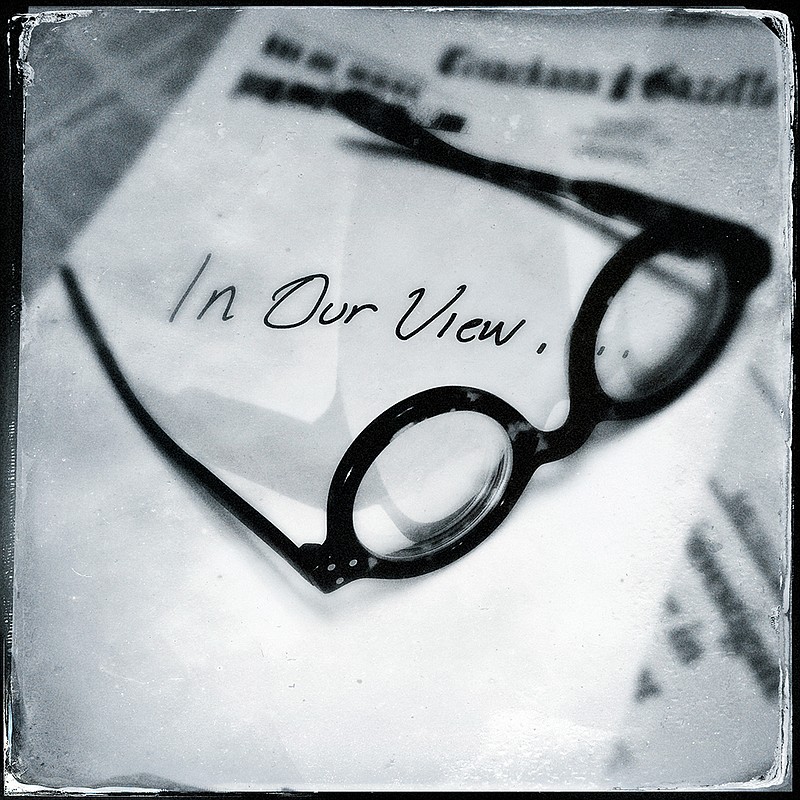He's been America's boogeyman in the Caribbean for more than 50 years.
Perched on his island fiefdom just 90 miles from our shore, Fidel Castro has resisted every effort to push him from his pedestal and bring democracy to Cuba.
And now he's gone, dead at age 90.
Castro was hailed in some quarters as a hero when he led a revolution that forced out brutal dictator Fulgencio Batista, who fled Cuba on the first day of 1959. Castro and his men triumphantly entered Havana to take command, cheered by crowds in the streets.
The U.S. took a cautious approach. It turned out we were right to be suspicious.
Almost immediately Castro showed his true colors. He held show trials of inevitably, followed by executions of Batista cronies and perceived "enemies of the revolution." He nationalized land and seized businesses owned by U.S. and other foreign interests.
Thousands of Cubans fled. Many settled here in the U.S., where anti-Castro sentiment was growing stronger.
Ultimately, Castro's closer ties to the Soviet Union, capped by the establishment of secret nuclear missile sites in Cuba, led to a showdown with the U.S. and ended with an economic embargo that has mostly lasted to this day.
Over the years, Castro's policies have kept his people poor and hungry and terrified. Food, soap and other basic necessities were rationed and often in short supply. Cubans learned to make do with little and repair what they had by any means available. Dissent was dealt with harshly and the prisons were kept full. Without the U.S. as a trading partner, Castro had to rely on the Soviets for just about everything. And when the USSR fell, it was a major blow to his regime.
But Castro survived, just as he survived coup and assassination attempts.
Finally, beginning in 2006, ill health forced him to take a lesser role in the government and put his brother Raul in charge. Raul Castro led the way in expanding economic reforms began by Fidel, allowing more private enterprise, though under strict government supervision. Raul Castro's regime also has seen a loosening of the U.S. economic embargo and a moving toward more normal relations between our two countries.
Fidel Castro died on Friday. The boogeyman is gone. Many in Cuba are mourning. Fidel was all they knew. Many in Miami and other cities with large Cuban-American populations are celebrating. And some old Cold Warriors are probably wondering, "What now?"
What now indeed?
If ever there was a time to drop the embargo and embrace full relations with Cuba, it's now. Raul Castro is no saint, but he is more pragmatic than his brother. And now he has a lot more breathing room.
If we are serious about reforms in Cuba, the best way to build momentum is to show the people what they are missing. U.S. tourists and lots of U.S. dollars are great ways to do that. U.S. companies offering decent pay and opportunity is another. If we show the way, the Cuban people will most likely do the rest.
But only if we get a foot in the door.
Fidel Castro cast a giant shadow over the Western Hemisphere. But in the end it was mostly smoke and mirrors. Whatever society he thought he was creating in Cuba is doomed to eventual failure. His legacy will be no legacy at all.
Fidel won't be missed. But there is an opportunity in Cuba created by his death that surely should not be missed.

